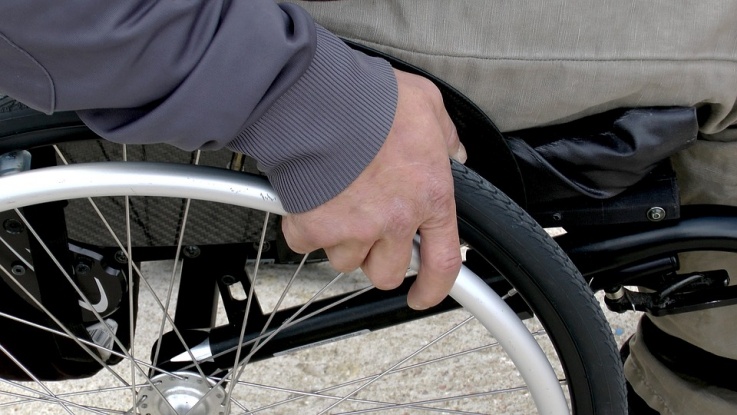
Although you take measures to avoid falls and may even have a solid fall prevention program in place, they still happen. You already know that falls may have serious medical consequences for your residents. After a fall, a resident’s quality of life and ability to function can be severely affected. Even minor injuries can have emotional consequences for your residents, making them fearful and withdrawn.
But don’t simply accept falls as inevitable. Be proactive and look for ways to prevent them whenever possible. It’s well worth the effort. Here’s why.
Consequences of Resident Falls
- Falls increase staff stress levels. Although the resident is going to be your first priority after a fall, the event affects everyone involved. Staff who cared for your resident at the time of the fall may be distraught and shaken, which can affect their work for days or even weeks. A nervous staff member may be less able to act quickly and effectively during other situations, which could self-perpetuate into other potentially dangerous events.
- Falls create more work for your staff. There will be a lot of paperwork to do after a fall occurs, and that’s valuable time that could be used for direct resident care. You’ll likely need to update the care plan with preventative interventions for the affected resident, investigate and record the incident and response, notify the resident’s PCP, complete a falls assessment, and more.
- Falls often result in lawsuits. No SNF or ALF wants to be on the receiving end of litigation. But falls are one of the top reasons for lawsuits against facilities and staff members. The attorney fees, lost productivity, and potential bad publicity quickly add up to costly consequences — and headaches for you.
- Falls negatively affect your survey results. You work hard to get favorable survey results from the state, but a few falls on the list will send your scores south quickly. This can jeopardize your Medicare and Medicaid eligibility, which will have a huge impact on your business.
- Falls increase your insurance premiums. You need proper liability insurance for your facility, but you don’t want to pay more than necessary. Falls will almost always result in higher insurance premiums for you.
You know preventing falls is important, but let’s face it: your staff can’t be everywhere, all the time. So how can you significantly decrease your fall rates? Your best bet is to analyze your existing incident data, suggest training techniques, and identify the residents who are the highest risk. This is a time-consuming task, so finding a system that will do it for you can help you save time and energy while decreasing falls and other incidents.
Next Steps
- Follow us on LinkedIn
- Get more great content — subscribe to our blog
- See QA Reader in action — request a live demo

